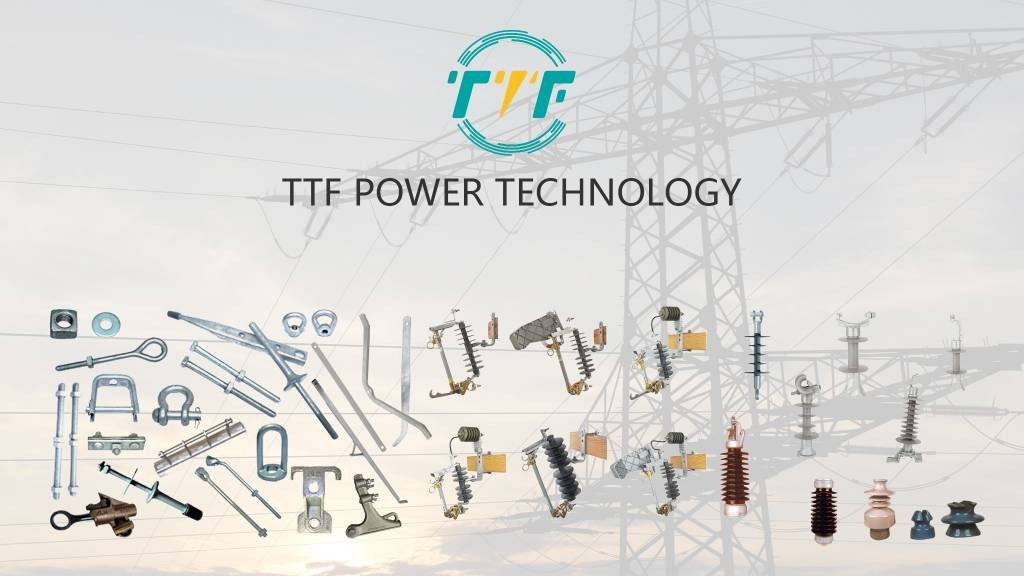
South America is at the forefront of ethanol production on a worldwide scale. Leading countries include Brazil, Argentina, Colombia, and Paraguay. The area possesses plentiful agricultural resources and governmental regulations that establish it as a major player in the biofuels industry. The region’s tropical climate is perfect for cultivating sugarcane, which serves as the main source of ethanol in Brazil. Argentina takes advantage of its extensive corn crops to increase the variety of raw materials. The ethanol sector is positioned for expansion due to the worldwide need for eco-friendly fuels. This is also with the efforts to lower greenhouse gas emissions. Moreover, partnerships in tech transfer and overseas investments can speed up manufacturing capabilities and export opportunities. The production of ethanol presents great opportunities ranging from environmental advantages to economic development. Shackle insulators have a vital function in the power infrastructure that upholds the industry.
Shackle insulators help in holding up power lines that guarantee the dependable delivery of electricity to ethanol manufacturing plants. Insulators stop electrical arcing that can harm equipment and lead to power outages. Shackle insulators can endure tough environmental conditions like high temperatures, humidity, and wind loads. This guarantees the continued dependability of the power system. They aid in the effective and environmentally friendly running of ethanol manufacturing plants. This involves ensuring the dependable transfer of electrical power. This assists in diminishing dependence on fossil fuels and advocating for a more sustainable energy future. Let’s examine the obstacles and possibilities of ethanol production in South America. We will also examine the significance of shackle insulators in the ethanol manufacturing process.
Significance of shackle insulators in the ethanol industry in South America
Shackle insulators guarantee the secure power supply and protection for the energy-intensive operations. They have a vital function in upkeeping the electrical infrastructure that operates ethanol plants. The safe production process is guaranteed by their trustworthiness, longevity and affordability. Shackle insulators in South America have contribute to ethanol production in various ways.

- Ethanol production facilities need consistent electrical stability for operating crushers, fermenters, and distillation units. Shackle insulators secure and provide insulation for electrical wires to avoid power disruptions.
- Safety when operating high-power equipment in ethanol production is crucial due to the potential electrical hazards like power surges. Shackle insulators help in preventing current leakage by maintaining safety.
- Ethanol plants support the integration of renewable energy by incorporating sources such as biomass co-generation. Shackle insulators guarantee the secure transfer of electricity produced by renewable energy sources.
- Dependable delivery in remote regions – ethanol plants are primarily located in areas that are distant from electricity networks. Shackle insulators help maintain constant power supply in rural areas by supporting local electrical distribution networks.
- Ethanol plants function in regions with diverse weather conditions such as high humidity, heat, and precipitation. Shackle insulators are from robust materials such as porcelain or polymer. This helps to endure various conditions.
- Low maintenance – shackle insulators are cost-effective, simple to set up, and need minimal upkeep. This makes them perfect for extensive deployment in the infrastructure backing up ethanol production.
The obstacles encountered in the production of ethanol in South America.
The production of ethanol in South America plays a role in the energy sector and economy. It offers chances driven by plentiful natural resources, increasing need for sustainable energy, and progress in biofuel technology. The possibilities involve economic growth, technological progress, energy independence, and export potential. The production of ethanol encounters obstacles that could impede progress and financial support. TTF is a world-class global provider of high quality overhead line hardware, transmission hardware, distribution hardware, conductors, insulators, cutout switches, anchoring and grounding products. The obstacles confronting ethanol production are as follows.

- Environmental issues – obtaining materials for ethanol production results in deforestation. This causes habitat destruction and loss of biodiversity. The process of producing ethanol requires a lot of water, which is worrying in areas where water is limited.
- Economic difficulties arise from the fluctuating prices of ethanol in correlation to worldwide oil prices. Labor, energy needs, and transportation infrastructure can lead to high production expenses.
- Infrastructure and logistics – ethanol production plants are frequently located in rural farming regions with inadequate infrastructure. This involves roads that are not enough. Pipelines and ports raise the cost and make it more complex to transport ethanol to local and global markets.
- Social issues – using farmland and crops for ethanol production instead of food can lead to higher food costs and possibly affect food security.
- The rise of electric vehicles and biofuels presents a challenge to ethanol’s control in the renewable energy industry due to competition from alternative fuels. Hydrogen and synthetic fuels are also rivals that diminish the future need for ethanol.